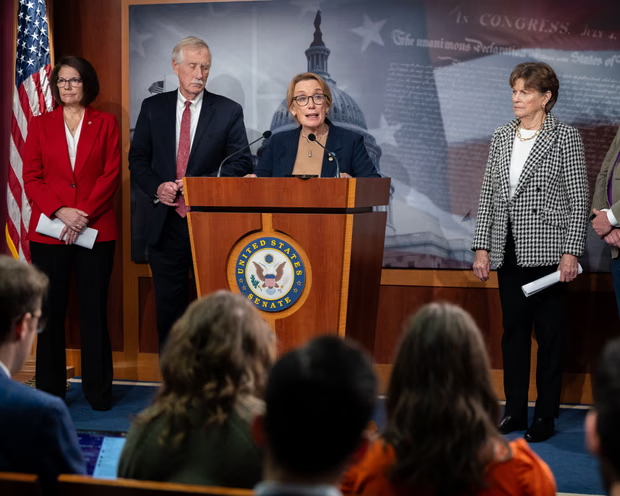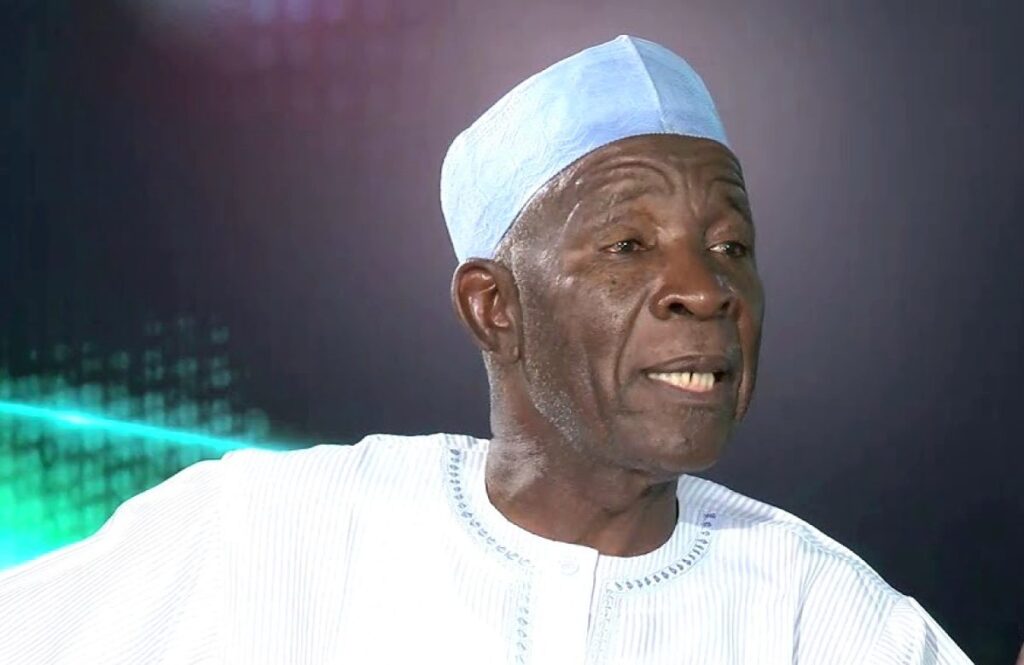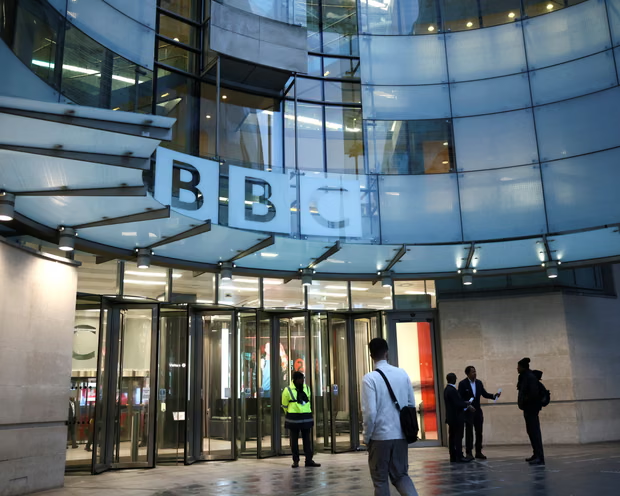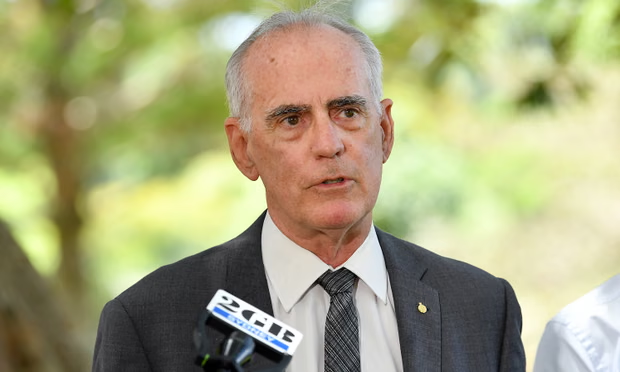Now Reading: US Senate Advances Funding Bill to End Record-Breaking Government Shutdown
-
01
US Senate Advances Funding Bill to End Record-Breaking Government Shutdown
US Senate Advances Funding Bill to End Record-Breaking Government Shutdown

The US Senate has narrowly advanced a compromise funding bill aimed at ending the longest government shutdown in American history, though the measure still faces hurdles in the House of Representatives before it can reach former President Donald Trump for signature.
The legislation, approved Sunday with exactly 60 votes, would restore federal funding through 30 January 2026, undo recent layoffs, guarantee retroactive pay for furloughed workers, and prevent further terminations. The package includes three appropriations bills covering departments such as Agriculture and Veterans Affairs.
However, the bill omits Democratic demands for extended Affordable Care Act (ACA) subsidies, which many warn could trigger a 26% increase in health insurance premiums if allowed to expire. Democratic leaders, including Senate Majority Leader Chuck Schumer, decried the measure as failing to address a “healthcare crisis so severe, so urgent, so devastating for families.”
The compromise emerged from negotiations between a small group of Democratic and Republican senators. Nearly all Republicans supported the bill, joined by eight Democrats, many of whom are moderates or retiring lawmakers. Senator Jeanne Shaheen of New Hampshire said, “This was the only deal on the table,” reflecting Republican control over the White House, Senate, and House.
The 40-day shutdown, triggered by the expiration of federal funding on 1 October, left more than 700,000 federal workers furloughed and hundreds of thousands more working without pay, disrupting services nationwide. Food aid programs were temporarily halted, and air travel suffered severe reductions, with more than 2,500 flights canceled on Sunday alone.
The bill now heads to the House, where Democratic opposition is expected to be fierce. House Minority Leader Hakeem Jeffries criticised the measure for ignoring healthcare subsidies, while Progressive Caucus Chair Greg Casar called it a “betrayal” of millions of Americans relying on affordable coverage.
Transportation Secretary Sean Duffy warned that air travel could drop to a “trickle” if funding is not restored. Congressional leaders hope that advancing the Senate bill will allow the government to reopen in the coming days, though negotiations over healthcare subsidies may continue into December.
The shutdown has highlighted deep partisan divides over funding and healthcare, with Democrats using the lapse to push for protections on ACA premiums, and Republicans emphasising fiscal limits.




